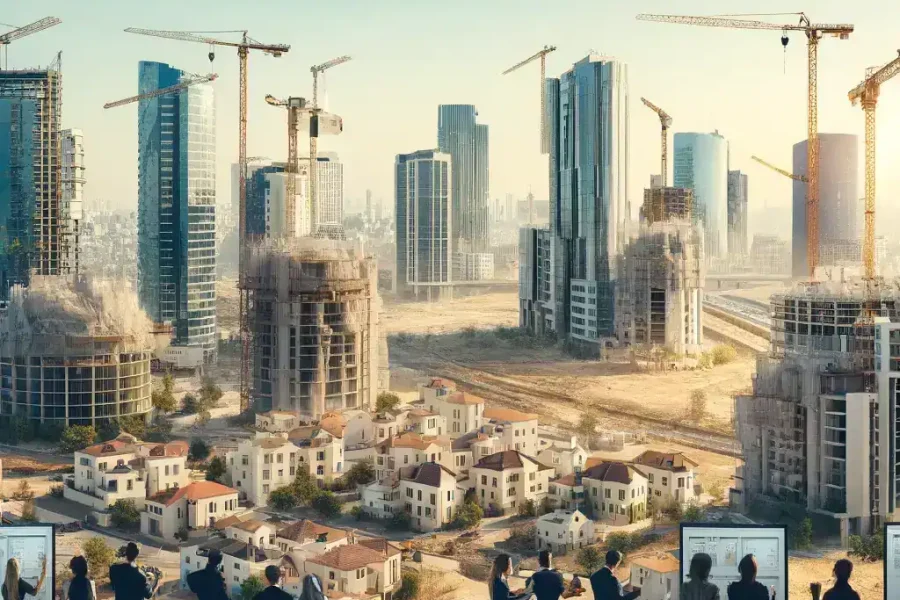Navigating Israel’s Real Estate Market Amidst Regional Conflict
The Israeli real estate market in 2024 is not only shaped by economic factors but also significantly influenced by ongoing regional conflicts and security concerns. The recent events and threats from surrounding regions add another layer of complexity for buyers, investors, and residents.
Impact of Regional Conflicts
October 7 Attack and its Aftermath
The October 7 attack has had a profound impact on the Israeli economy and real estate market. The immediate aftermath saw a halt in real estate transactions as the nation grappled with the shock and grief of the event. As the situation stabilizes, the market is expected to resume activities, but the financial repercussions are likely to linger. Households and businesses have faced disruptions, and the purchasing power of many Israelis has been adversely affected.
War and Economic Resilience
Historically, Israel has demonstrated remarkable economic resilience in the face of conflicts. The real estate market, while initially shaken, often rebounds as stability returns. The current conflict has put additional strain on the already challenging economic conditions, exacerbating issues such as high interest rates and a slowdown in the construction industry.
Foreign Investment and Immigration
The conflict has also influenced foreign investment in Israeli real estate. There is an expectation of increased interest from foreign buyers seeking safe havens, driven by rising global antisemitism and geopolitical instability. This influx could partially offset the reduced domestic demand, potentially stabilizing the market in the medium term.
Security Concerns and Real Estate Decisions
Strategic Locations
Buyers and investors are now more cautious about the locations they choose. Areas with robust security infrastructure and lower perceived risk are likely to see more interest. This shift could lead to increased demand in certain neighborhoods and cities, impacting prices and investment returns.
Government Measures
The Israeli government has been proactive in addressing the dual challenges of economic strain and security threats. Measures include subsidies for construction in peripheral areas and initiatives to boost long-term rental projects. These efforts aim to stabilize the housing market and ensure a steady supply of affordable housing despite the ongoing conflicts.
Future Outlook
While the real estate market faces significant hurdles, there are opportunities for savvy investors and homebuyers who can navigate these challenges. Understanding the geopolitical landscape and its implications on real estate is crucial. Engaging with local experts and staying informed about security developments can help in making informed decisions.
For those considering investment or home purchases, the current market conditions may offer unique opportunities, especially in areas poised for urban renewal and government-supported projects. As the situation evolves, keeping a close watch on both economic indicators and regional security updates will be essential for making sound real estate decisions in Israel.
For more detailed information and personalized advice, consider consulting real estate professionals and staying updated through reliable news sources like The Times of Israel.





